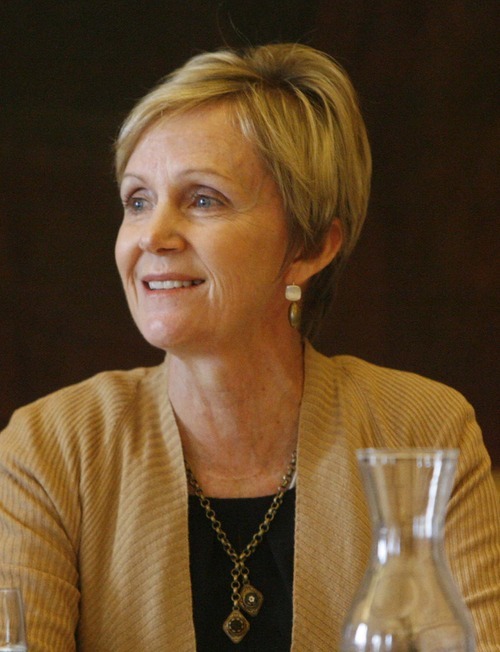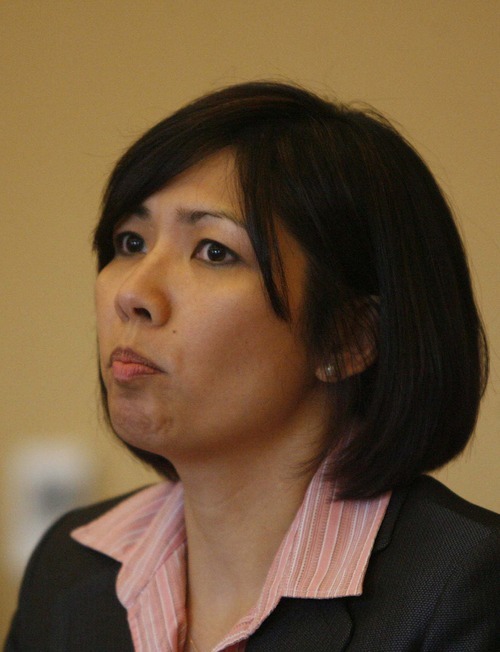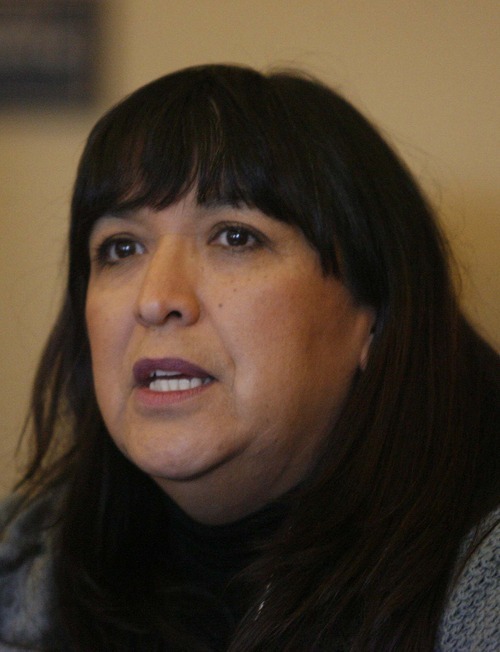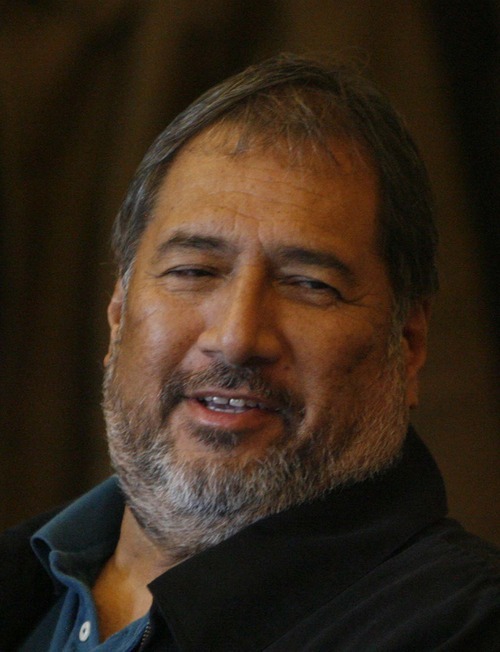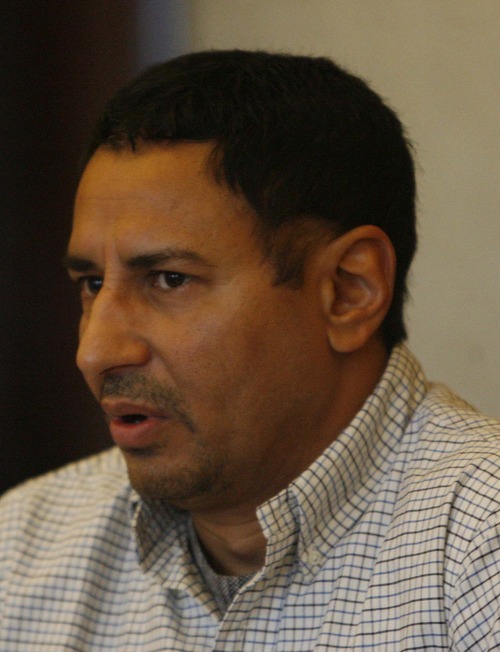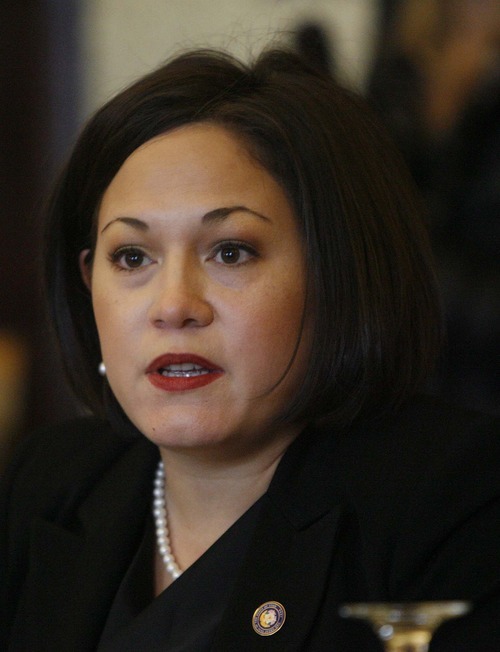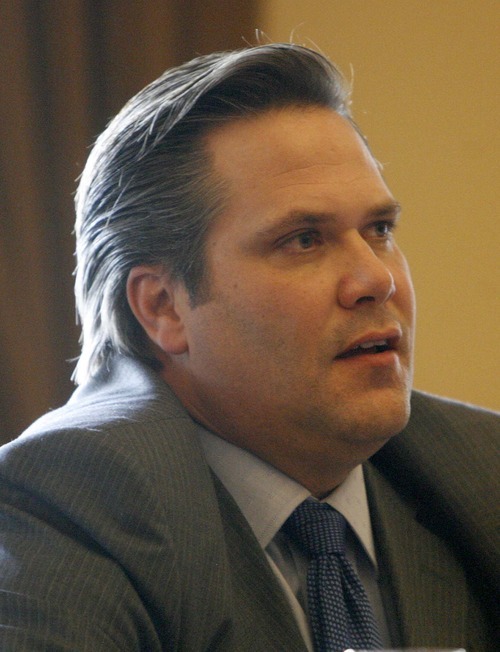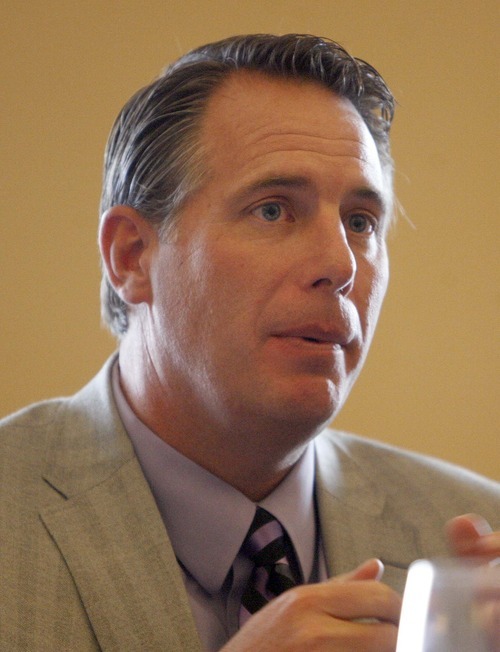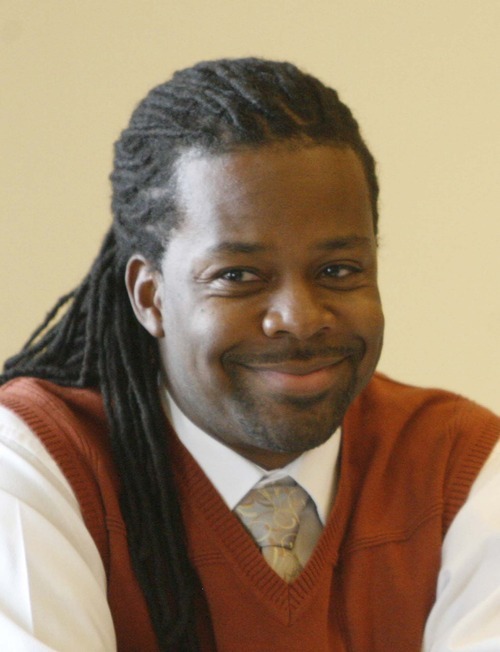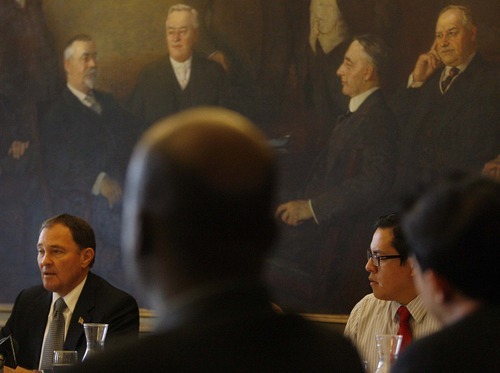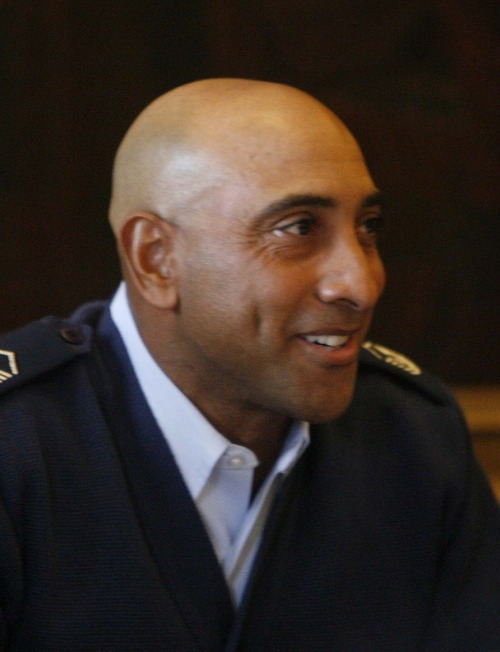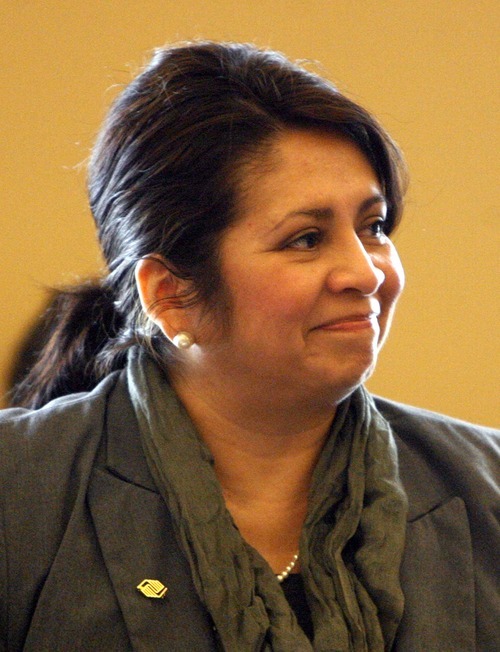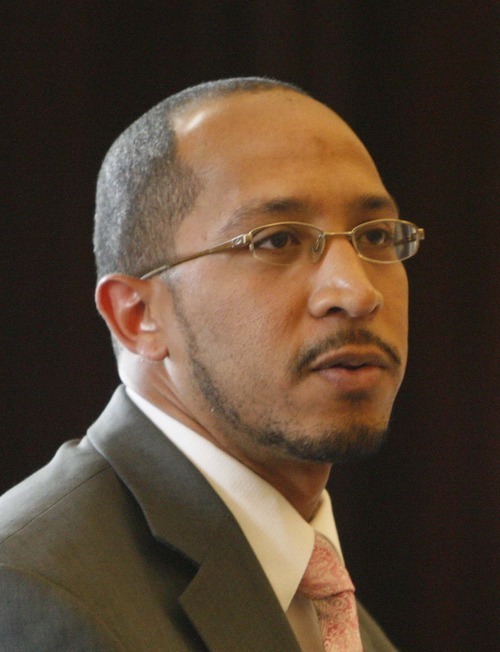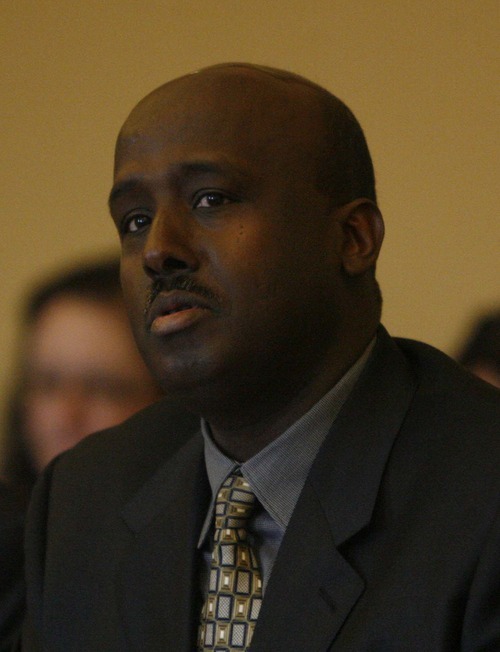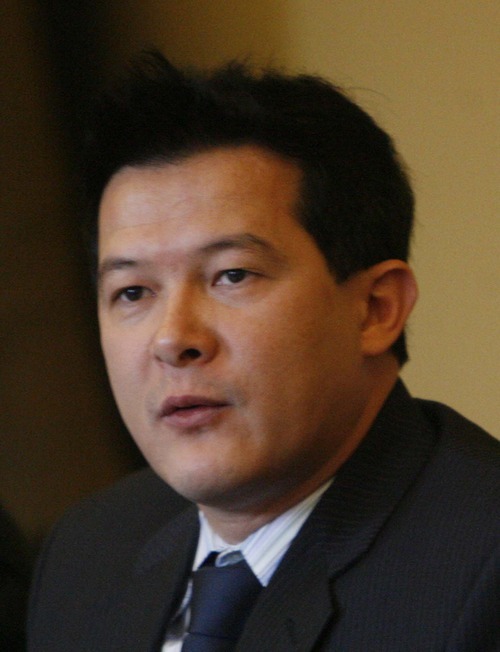This is an archived article that was published on sltrib.com in 2011, and information in the article may be outdated. It is provided only for personal research purposes and may not be reprinted.
Gov. Gary Herbert launched the first meeting of the Multicultural Commission at the Capitol on Tuesday, charging them to focus on education, jobs, health and corrections despite expectations it will be operating on a lean budget.
"This is not necessarily easy, but it is important," Herbert said. "What we do with this Multicultural Commission over the next year or two years is going to have ramifications for a generation to come. So let's make sure we do it right."
The 25-member commission replaced the old Office of Ethnic Affairs after Herbert disbanded it amid complaints that its different factions were working in "silos" on narrowly focused agendas while the governor wanted a group that took a broader approach to issues within minority communities.
The meeting Tuesday was largely a meet-and-greet session with a rough sketch of how the commission would break down into smaller groups.
Lt. Gov. Greg Bell, co-chairman of the commission, said he wanted everyone to bring ideas to forward to tackle the problems in Utah's minority communities without fear of being politically incorrect.
"Let's not get our feelings hurt. I think we can do that," Bell said. "I don't understand all the terms which might be inferred to be racial or slights and I don't want to ever offend anyone. But I think political correctness can trip us up if we're just dancing around."
Claudia Nakano, director of the Multicultural Affairs Office, said one of the biggest issues to success will be funding.
The Legislature earlier this year cut the budget of the Office of Ethnic Affairs by two-thirds to $250,000, which ultimately led to the elimination of the agency. Herbert unveiled the new commission in June.
Nakano said she expects the budget to be tight again going into January.
"This won't be the year to ask for additional funding," she said.
Rep. Rebecca Chavez-Houck, D-Salt Lake City, is on the commission and said she hopes she can convince her fellow lawmakers to look long-term at investments made in helping minority populations in Utah because she believes it will translate into economic growth down the road.
"I don't want us cut off at the knees just as we get the ball rolling," Chavez-Houck said. "We need to look at this as an investment, not a deficit."
The commission will meet again Jan. 17 — just weeks before the legislative session starts — and Bell asked them to come prepared with ideas on how to improve those areas among the minority population.
He also said there would be a presentation of "baseline demographics" so the commission could understand in detail the population breakdown and issues confronting each one.
According to U.S. Census data, Utah has a white population of 80.4 percent and the largest ethnic group is Hispanic or Latino, which makes up 13 percent of the state's population of 2.7 million.
The commission features representatives from all ethnic groups in Utah.
Bell was adamant, however, that the commission not be a just "a group that comes together to shake hands" but instead delivers measurable results to the Governor's Office. Bell said, for example, he wants to see improvements in education among the minority populations.
"There are barriers to higher education," he said. "We're not getting it done. We're not getting to all our kids and we're certainly not getting to our minority kids."
Twitter: @davemontero


